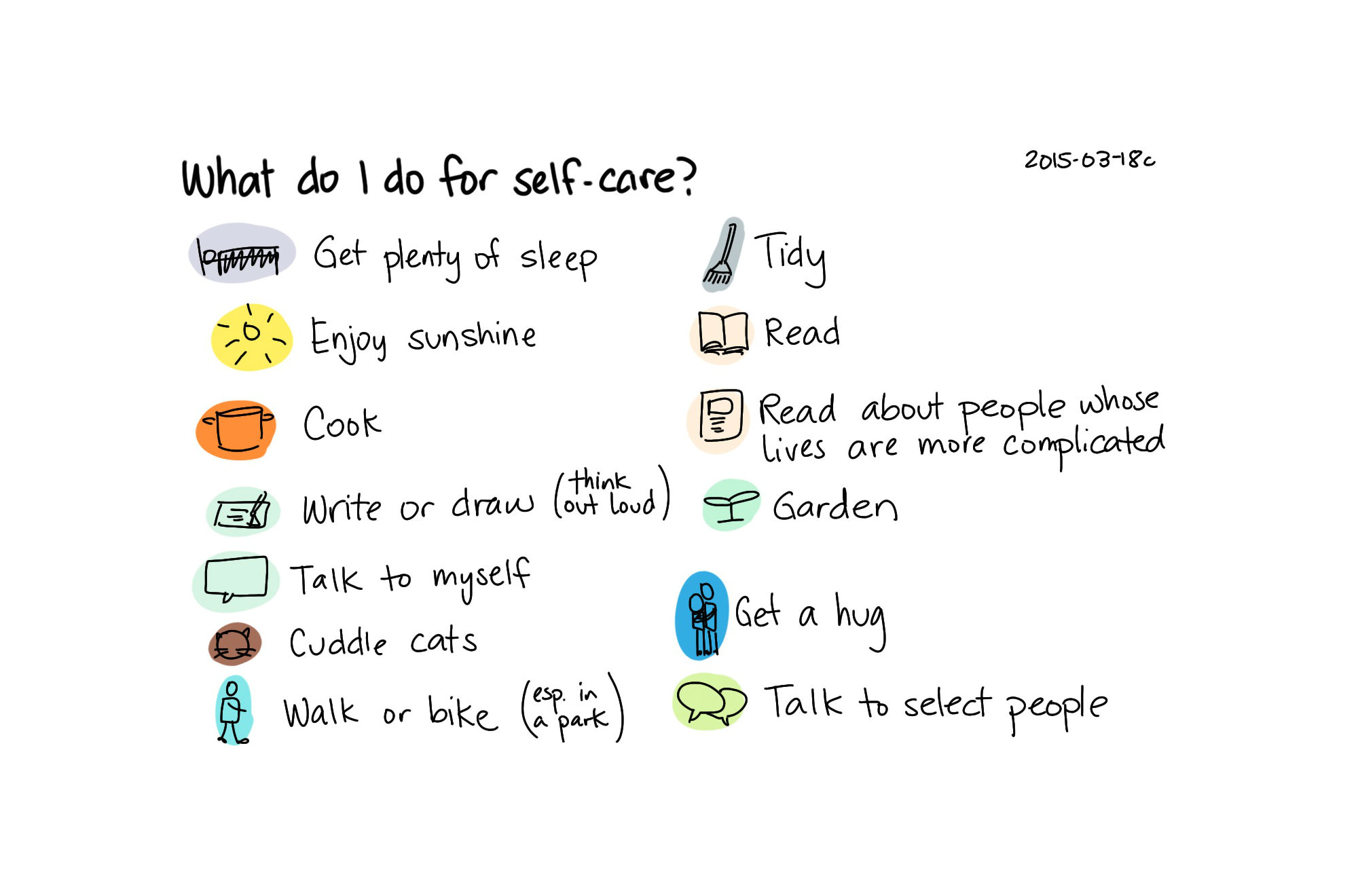
We all deserve to prioritize ourselves. But at what point does that become inconsiderate? Often mislabeled as “entitlement” or “selfishness” by older generations, the concept of self-prioritization is very common among the younger millennials and Gen Zs I’ve met, especially here at Puget Sound. This is also known colloquially as “putting yourself first” or “living your best life.”
The concept pushes the idea that in any emotional, physical or moral dilemma, many people have a tendency to be affected and afflicted by what other people feel and think, and how their choices may affect others.
But in order to live your best life, you should prioritize yourself and make sure your wants and needs are satisfied before those of others. Whether that be in a romantic or platonic relationship, in time management and scheduling between work, school, sleep and study, or asking the waiter for a refill (no matter how hard you think they’ve been working), self-prioritization says put yourself first.
Let’s suppose there’s a spectrum between selfish and selfless. The extreme selfish person makes every decision in their life, down to the slice of bread they take from the loaf, based on what they want and need at any given moment. The extreme selfless person is so concerned with sacrificing their wants and needs so that others may be satisfied that they might not even have much of a self to care for after a while. Self-prioritization, for the sake of argument, goes directly down the middle.
But at what point, if any, does this concept become hurtful or inconsiderate? When does making sure that you’re totally comfortable and happy in life start to rely on taking that chance from others? When does self-prioritization become the very “selfish” attitude it is professed to avoid?
Before I go any further, I should clarify that I firmly believe in the good that self-prioritization can do. I often find myself more confident, empowered and comfortable when in the mind set that the most important thing to me is me. What prompts this question, however, is how someone’s perception of another’s self-prioritization can be easily warped. In other words, if my self-prioritization is making you feel excluded or ignored, am I obligated to cater more toward your feelings? Or should you ignore me and proceed to put yourself first as well?
In an ideal world, everyone would accommodate one another. There would be no need for protecting yourself and your interests because no one would have the intent to hurt them, but that’s not realistic. In today’s world, and in our society, I believe the best place to fall on this selfless-to-selfish spectrum is just a few ticks to the left of the middle.
It’s important to care and empathize with others, and putting yourself first inherently starts to close that door. Does that mean I want you to bend over backwards and do everything you can to make your friends happy at all times? Absolutely not. That’s not realistic either. But whenever you take action or make a claim, be mindful of how it affects the people you care about (that’s an important specification— I also believe the only people you should worry about hurting are people you have any amount of love for, but that’s another article all together).
Self-prioritization has a tendency to ignore the ways your actions affect others because it is so focused on the self. And just because you’re satisfied doesn’t mean everyone else in the situation is.
I’d like to change the language to emphasize my point: let’s choose self-preservation over self-prioritization. In the same way you preserve food, set aside enough of a good, healthy portion of yourself that you know will remain good and healthy, and then focus on feeling for your friends and loved ones and making them happy. Don’t actively pursue your own satisfaction, but rather always have the best parts of you reinforced and strong so that you can help others preserve themselves.




